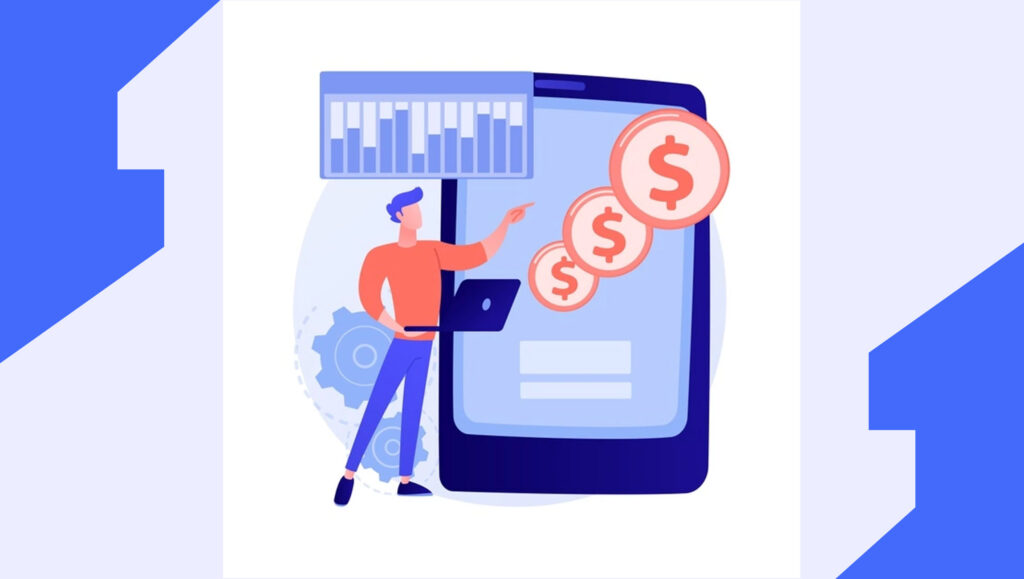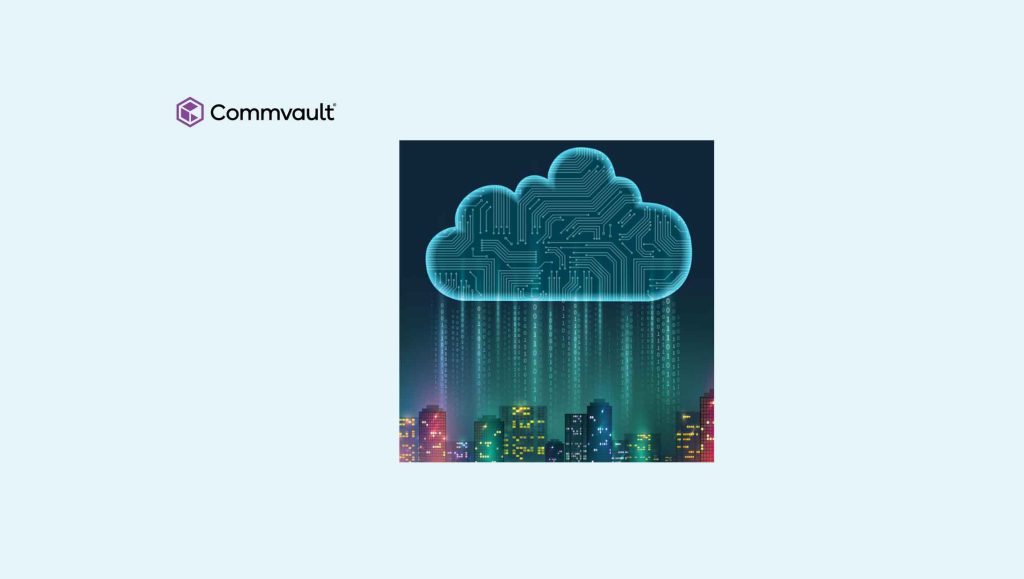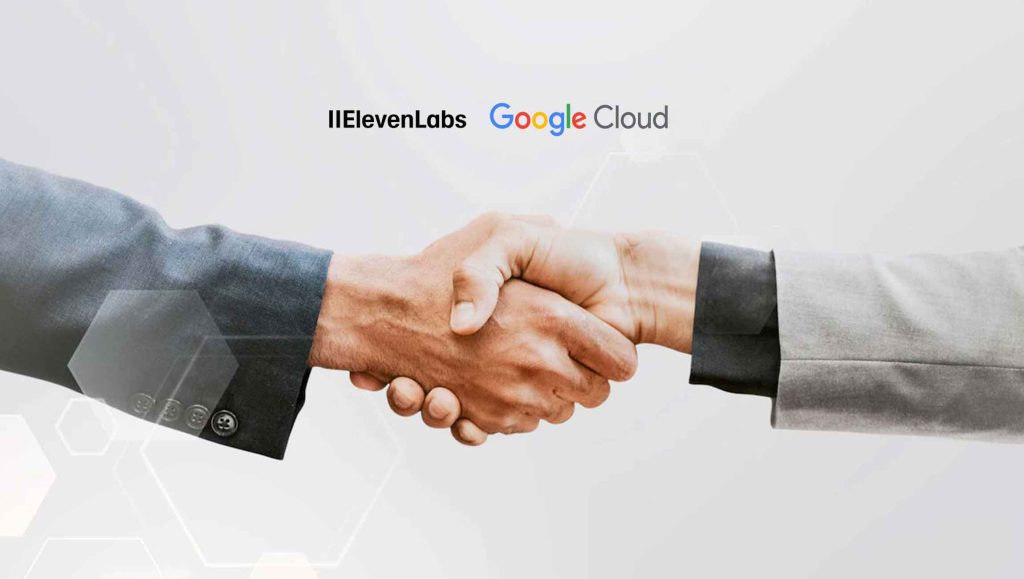Customer loyalty programs not only help boost better customer experiences, it serves as a crucial aspect in building long-term customer value, loyalty programs can also help strengthen customer relationships.
A robust customer loyalty program can entice customers to keep buying from your brand repeatedly and lead to better retention values and re-sell ratios too.
In most teams, customer loyalty programs are the prerogative of marketers but in a typical B2B environment, aligning these efforts can help both sales teams and customer service teams nurture existing customers more appropriately.
What does it take for marketing and salespeople to build out strong customer loyalty programs in today’s marketplace? A few points that can help:
Read More: Sales Dialers: How Leading Sales Teams Use Sales Dialers To Drive Better Output
Knowing what Kind of Customer Data to Focus On
A good customer loyalty program has to be built out with the aim of strengthening customer relationships. Leading brands use different kinds of customer data sources to personalize these efforts and create more memorable buying and repeat-buying experiences.
First-party data can be more reliable in this situation. Using behavioral insights, social data, subscription data and real-time customer feedback and reviews can also help sales and marketing teams analyse what kind of loyalty programs can be best suited for a certain set of customers in order to drive long-term loyalty and boost repeat purchases or repeat subscriptions.
Progressive profiling, automated communications that can boost the purchase of another product or service on behalf of the brand, putting the right product and service in front of the right customer at the right time, all of these aspects can be used to help formulate a strong customer loyalty program and build more positives outcomes.
Avoiding Data Silos
While it is true that customer loyalty programs are usually the responsibility of the marketing team, for any business to progress with reduced silos and with a more centralized objective and process, marketing and sales have to align on their needs, processes and most importantly – their data.
Ensuring that your marketing tech stack and sales tech stack is deployed in a manner to allow the right marketing and sales members access to crucial insights on customer buying behavior, their past purchases, their frequency of purchases and such other information is important in deriving a customer loyalty program that is built out to address and preempt their future needs.
Only when brands understand what their customers would want next can they ascertain what kind of steps to take to build out that offering and nurture their existing customers to keep returning for more!
Read More: Sales Prospecting And B2B Sales: Creating An Effective Mutichannel Video Prospecting Journey
AI and Automation to Drive Customer Loyalty at Scale
When the right data is accessed to build appropriate customer segments based on what kind of products or services they need now and in the near-future, it becomes easier for marketing and sales teams to derive the best fit messaging and campaigns to boost customer loyalty goals.
But for this to happen at scale and in a meaningful manner, using AI powered sales automation tools is crucial in today’s competitive environment. AI powered sales tools and martech systems can help automate and execute customer loyalty programs at scale across multiple selling channels at the same time, they can also help boost personalized shopping and buying experiences for each customer, all of this can be done with reduced manual effort.
With today’s sophisticated self-learning algorithms and enhanced predictive analytics, AI powered martech and salestech systems can do more than just predict customer behavior and help drive customer loyalty outcomes.
Don’t Forget to Measure the Success of your Customer Loyalty Programs
It’s easy for marketing and sales teams to run different kinds of campaigns, while doing this it is easy for them to miss out on what kind of metrics should be closely analysed to ensure they are measuring the right outcomes. Every business and team needs to formulate their own measurement tactics based on their near-future goals.
Knowing whether your customer loyalty program is leading to more sales over a period of time is important for sales teams and marketers to know whether they need to revamp their program or re-asses their customer data to improve on their campaign messaging.
Last Note
Enhancing the overall B2B customer experience can be done creatively and with more impact given today’s range of salestech and martech systems. What matters is knowing what kind of program should be run based on the stage of your business and end goals. Integrating loyalty solutions into your overall marketing and sales initiatives can help ensure a steady flow of income from a certain customer base allowing marketing and sales leaders to then use their resources for additional business growth and new customer acquisition plans.
Read More: What Should Sales Leaders Do To Successfully Onboard New Sales Reps?





















